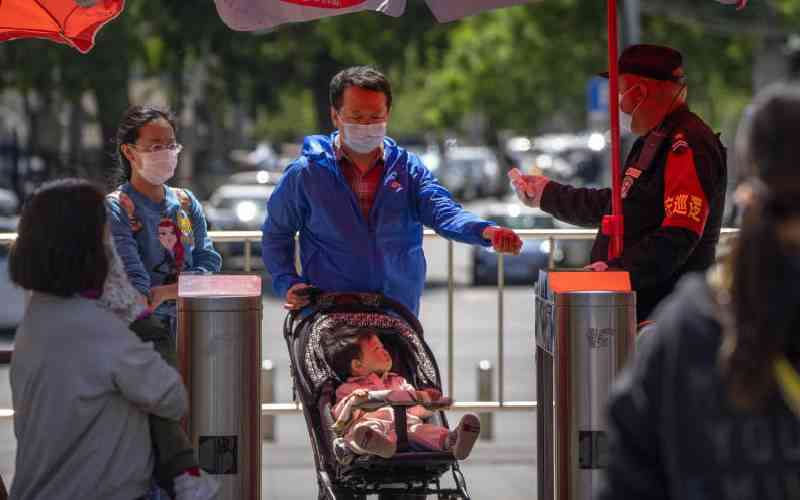×
The Standard e-Paper
Home To Bold Columnists

Tibetans in Lhasa have raised concerns over a possibility of a spike in Covid-19 cases in China-made isolation camps.
The concerns come even as they face difficult situations under China's "zero-Covid" policy, where they are forcibly removed from their homes and placed in so-called isolation centres.